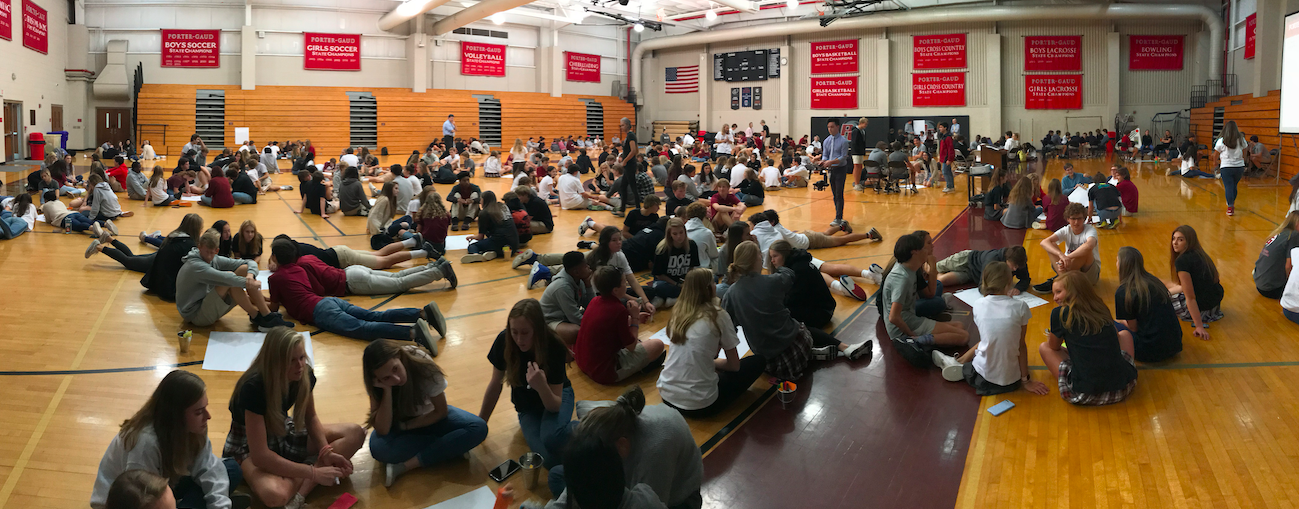In yesterday’s Boston Globe online Mary Carmichael summarizes a new report being released by think tank Ithaka S+R that shows little, if any, difference in learning outcomes between online and face-to-face instruction in higher education. She provides quotes by James McCarthy of Suffolk University, Brit Kirwan, Chancellor of the University of Maryland system, Michael Horn of Innosight, and Lawrence Summers, among others. There is general agreement that online education is in its infancy; that it will improve over time; and that we can’t see the solution yet to the seeming incongruity of colleges both charging for an education and offering it for free.
They all also seem to agree that this trend is rapid, dynamic, sustainable, strong, and inevitable.
There are two inescapable implications for K-12 schools, and private schools in particular.
First, the future for which we are preparing our secondary school graduates is dynamic and radically in flux. There is little question that in a matter of just a few years, a wide range of colleges and universities will be offering substantial portions of their intellectual capital for either reduced or zero cost. How this plays out in the business world, which industries will begin to hire based on a demonstration of ability as opposed to a fee-based diploma is yet to be seen. But it is hard to imagine, particularly if one believes in the efficiency of a capitalist marketplace, that a dramatic reorganization of knowledge and proof of proficiency is not in the immediate offing. Private schools have been slow to innovate because they have not had to; they are successful in preparing students for successful admissions to a broad range of colleges and universities. Parents have been willing to pay a lot of money for this. As that relationship shifts, perhaps drastically, the value proposition of private education is very much in play. The basic question: what does “college preparatory” mean in the future?
Second, a number of these online efforts are being developed along open source formats. That means some very smart people are creating the templates and others merely have to take those and fill in their own creative content. This drives the cost of later adoption vastly lower, opening online education to just about anyone. It will only be a matter of time before open source templates are widely used by K-12 educators either in for-profit or non-profit modes. Schools looking to constrain costs can embrace options to move some learning to an online format, while focusing resources on those parts of education that do not lend themselves to learning on a screen. Schools that reject in toto the online option will find themselves at a competitive cost disadvantage, right at the time that the value proposition of college preparation is under stress.
None of us know where this is going to end up, but sheltering behind the “flavor of the month argument” is foolish at best. Not starting to adapt should not be on the list of options. The keys to successfully navigate this transition lie in shifting our leadership vision from strategic planning to value creation, and embracing the tenets of innovation and organizational change management.





Grant, What are the tenets of innovation and organizational change management as you see them? If I’ve messed them in your earlier posts, please point to the links. Thanks, Cal
The answer to that is way too long to go into here. There is an entire science and set of best practices related to organizational innovation and change management that schools have not been very attentive to because we have not really had to. A great website for this is Management Exchange.com that has loads of great stories and posts related to innovation. The basic summary: you have to hire and train people with innovation DNA and develop processes that are nimble and evolutionary, not static and isolated. Design thinking firms like Unboundary and IDE O are starting to bring these to education.